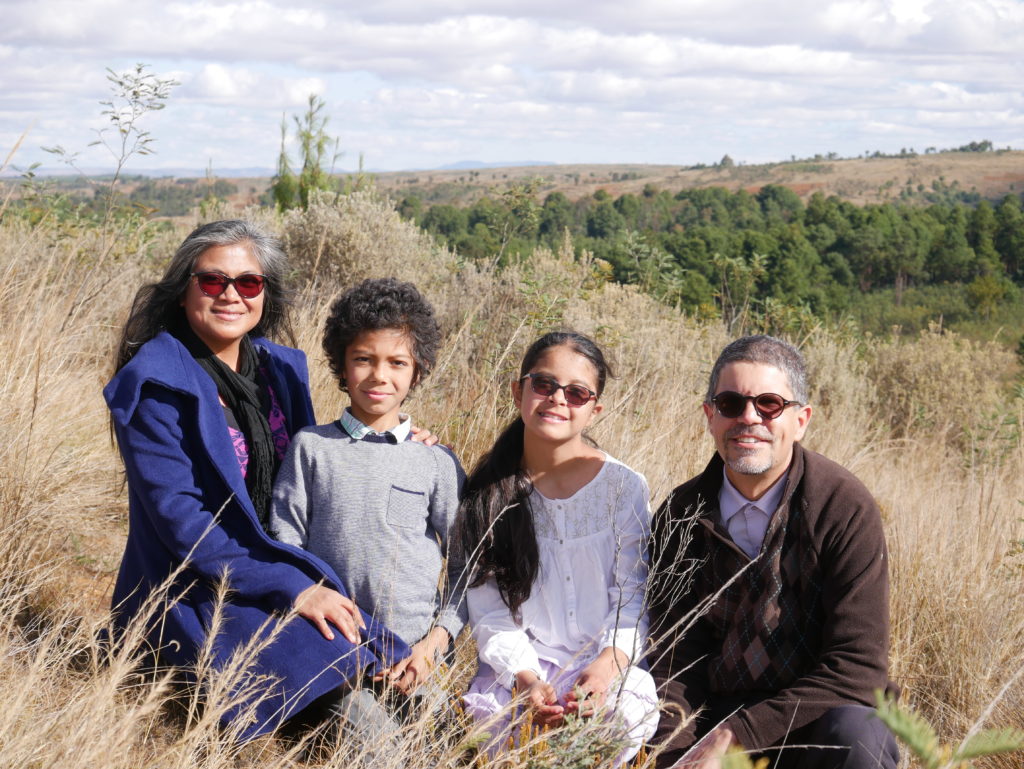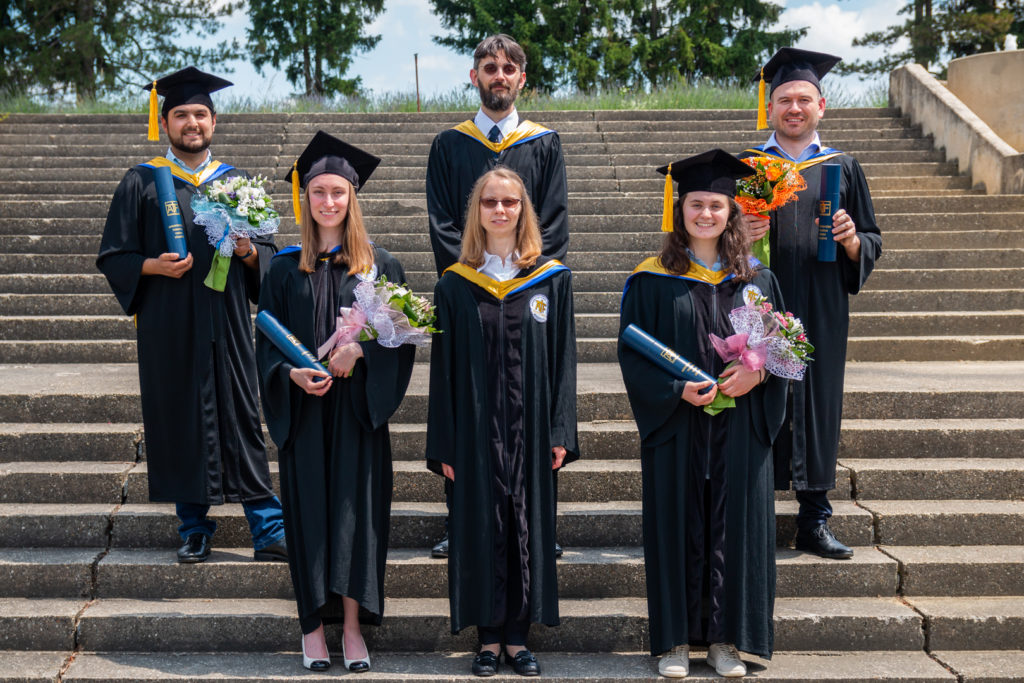Due to the ongoing global pandemic and the uncertainty regarding making future plans, the TED and EUD have decided that the 2021 ETTC will be held online. The conference is planned for 24-28 March 2021. Newbold College of Higher Education will be responsible for the academic side of the the conference, and will host the conference digitally.
The call for papers went out a few months ago, and its focus on the consequences of Corona remains current in all of Europe. Suggestions for papers are still very much welcome:
Challenges of the Post-Corona World: Responding to Ethical, Sociological, Ecological and Digital Issues
The global Corona pandemic has impacted daily life of people world-wide. Borders have closed, cities have shut down, economies have stalled, millions have lost their jobs and thousands have died. The 2021 European Theology Teachers Conference asks for reflective contributions on responding to the challenges of COVID-19 and on the changes that the pandemic has brought about. Submissions may be in any discipline of EASTRS, including biblical studies, pastoral studies and practical theology, historical theology and church history, systematics and biblical theology, ethics, and sociology of religion.
The challenges and responses to the pandemic are immeasurable. We are open to any topic that falls within the fields of the theology and religious studies and welcome all perspectives on these topics. We are specifically interested in the following topics, but these are not an exhaustive list:
Ethical issues
What ethical issues has Corona caused or highlighted?
Topics could include: Life-and-death decisions, access to health or pastoral care, inequality, altruism and egotism, and the problem of evil.
Sociological issues
How has Corona affected society and which sociological issues were exacerbated by the pandemic?
Topics could include: Class issues, privilege and the lack thereof, access to health care and education, homelessness, (social) justice, political responses and policies, secular and religious leadership and responsibilities, freedom, social distancing, anxiety and psychology.
Ecological issues
What ecological possibilities and challenges has Corona brought forward?
Topics could include: Environmental impact, reclaiming nature, reduced pollution, stewardship, personal and public health.
Digital issues
How has the necessity of (only) digital communication impacted religious experience and thought?
Topics could include: Digital ecclesiology, online churches, digital liturgy, digital community, government use of technology, and disability.
We welcome 300-word abstracts. These can be sent to Tom de Bruin.


